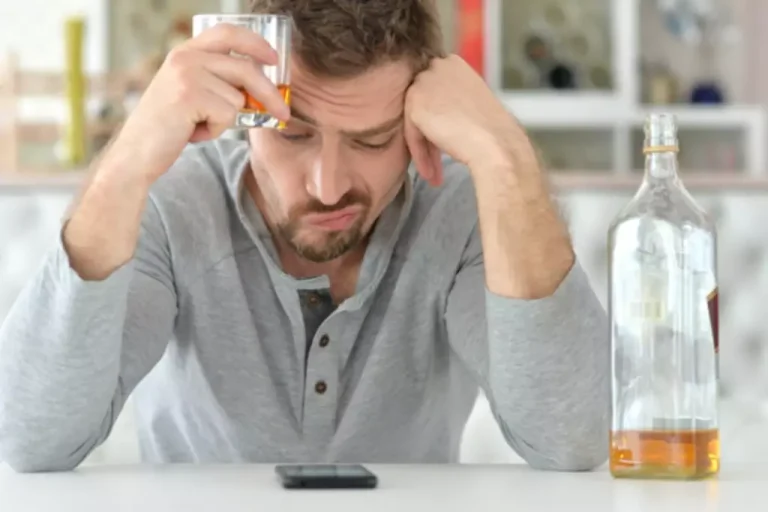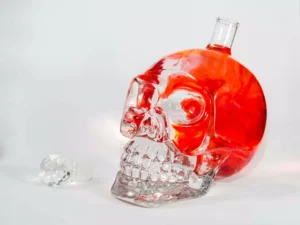
Alcohol use disorders (AUDs) can have a profound, negative impact on a person’s ability to function in their personal and professional lives. The added difficulty of a medical condition like diabetes only makes this worse and can greatly harm both physical diabetes and alcohol blackouts and psychological health. Both types are characterized by an inability to produce or regulate insulin in the body. The nature of blackouts makes it difficult for researchers to examine the correlation between memory recall and blackout type.
Mitigating the Risks of Drinking Alcohol for People With Diabetes
- LDL cholesterol levels tend to be lower in alcoholics than in nondrinkers (Castelli et al. 1977), suggesting that chronic alcohol consumption may have a beneficial effect on cardiovascular risk.
- White and colleagues (2002c) recently surveyed 772 undergraduates regarding their experiences with blackouts.
- While blackouts are a frightening experience, treatment can allow people to lead a normal life without the fear of falling unconscious or losing their memory.
- Studies from China and Italy found that people living in areas that had high levels of light pollution had a higher risk of developing mild cognitive impairment and late-onset dementia.
Depending on what you like to drink, there can be a lot of calories in alcohol. The glucose-lowering effect of alcohol is not restricted to the peak of drunkenness — it actually peaks hours later. Contact us today to find an alcohol treatment program for yourself or a loved one with diabetes.

What are the recommended alcohol guidelines for people with diabetes?
Fifteenstudies examined prevalence and/or predictors of alcohol-induced blackouts. Sixpublications described consequences of alcohol-induced blackouts, and fivestudies explored potential cognitive and neurobiological mechanisms underlyingalcohol-induced blackouts. The first function, which involves most of the pancreatic cells, is the production of digestive enzymes.
How Does Alcohol Impair Memory?
- In the 1950s, following observations of an amnesic patient known as H.M., it became clear that different brain regions are involved in the formation, storage, and retrieval of different types of memory.
- Alcohol-induced blackouts are often confused with passing out from alcohol,but blacking out and passing out are very different states of consciousness.
This is known as insulin resistance and can cause blood sugar levels to become abnormally high (hyperglycemia). Large amounts of alcohol, however, can cause low blood sugar – or, hypoglycemia. Diabetics in a fasting state (i.e. don’t eat before drinking) are at an especially high risk for this. In severe cases of very low blood sugar, excessive alcohol can have life-threatening consequences. Based on https://ecosoberhouse.com/ the Marino and Fromme(2015) findings, one could speculate that a genetic vulnerabilityto alcohol-induced blackouts is expressed only under certain environmentalconditions, representing a possible gene by environment interaction. Forexample, a mother with problematic drinking habits might contribute to anenvironment that is characterized by lower parental monitoring and increasedalcohol availability.

2. Types of Alcoholic Blackouts
Fragmentary blackouts tend to affect only patches of memory, so a person may be able to piece together a memory on prompting. Some people define blackouts as a temporary loss of consciousness that typically lasts for a few minutes. “Anything that causes damage to the brain, whether temporary or permanent, can cause memory loss if the damage is in the right spot,” states Dr. Streem. If you have diabetes, you should be aware of the other health risks around drinking.
- And, just as alcohol tends not to impair recall of memories established before alcohol exposure, alcohol does not disrupt the expression of LTP established before alcohol exposure.
- Because the episode was encoded with faulty context, free recall of this memory may be particularly difficult [29,30] or, depending on the degree of encoding impairment, even impossible, as in the case of en-bloc blackouts.
- During this epileptic episode, people lose consciousness, and the body goes stiff (tonic phase).
- Excessive alcohol use, stress, medication, and epilepsy can all cause blackouts.
- Next, a specific pattern of stimulation intended to model the pattern of activity that might occur during an actual learning event is delivered through electrode A.
- This could suggest that younger people may be especially sensitive to the effects of light exposure at night, compared to older people.
Types of Blackouts
Blackouts Among Social Drinkers


